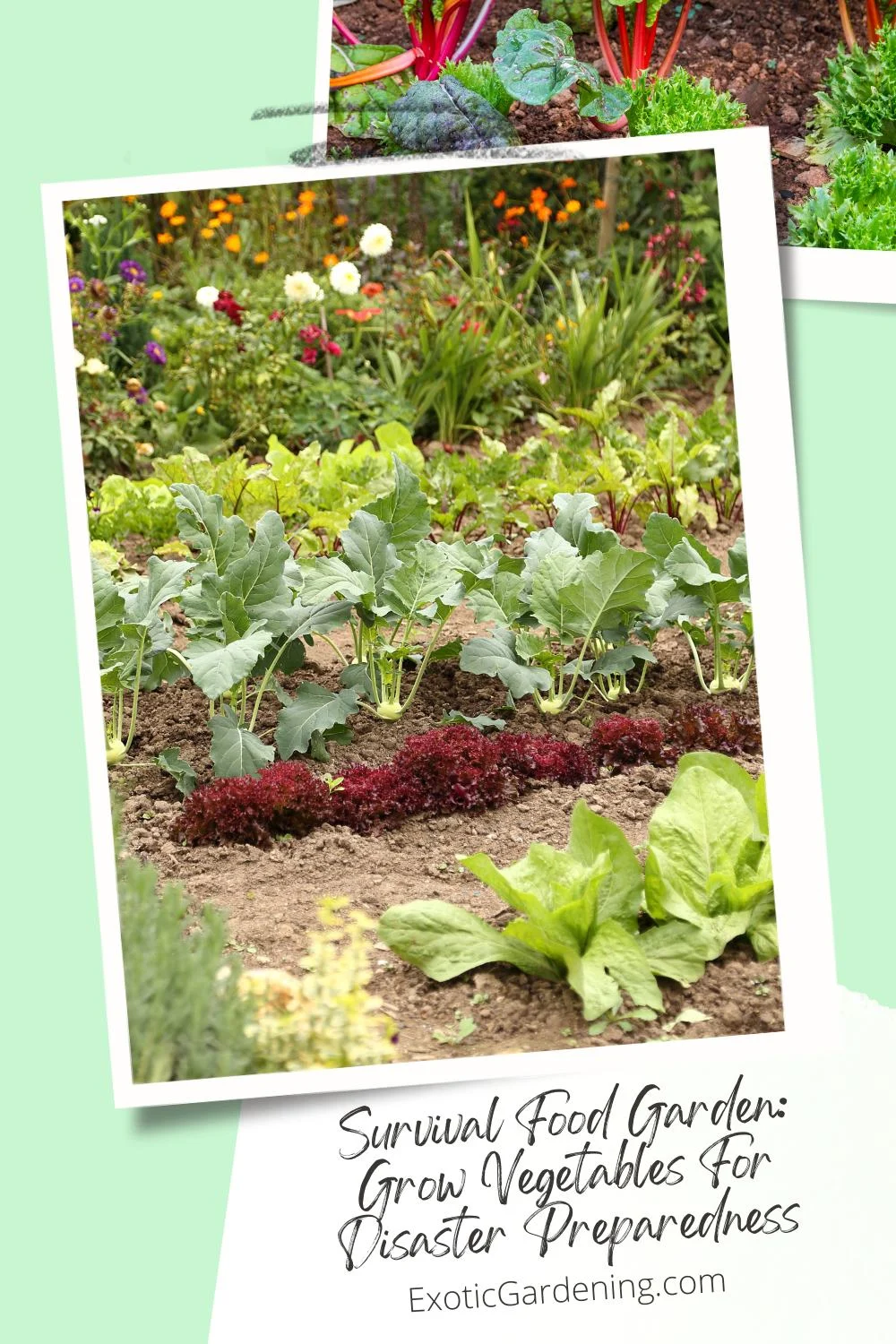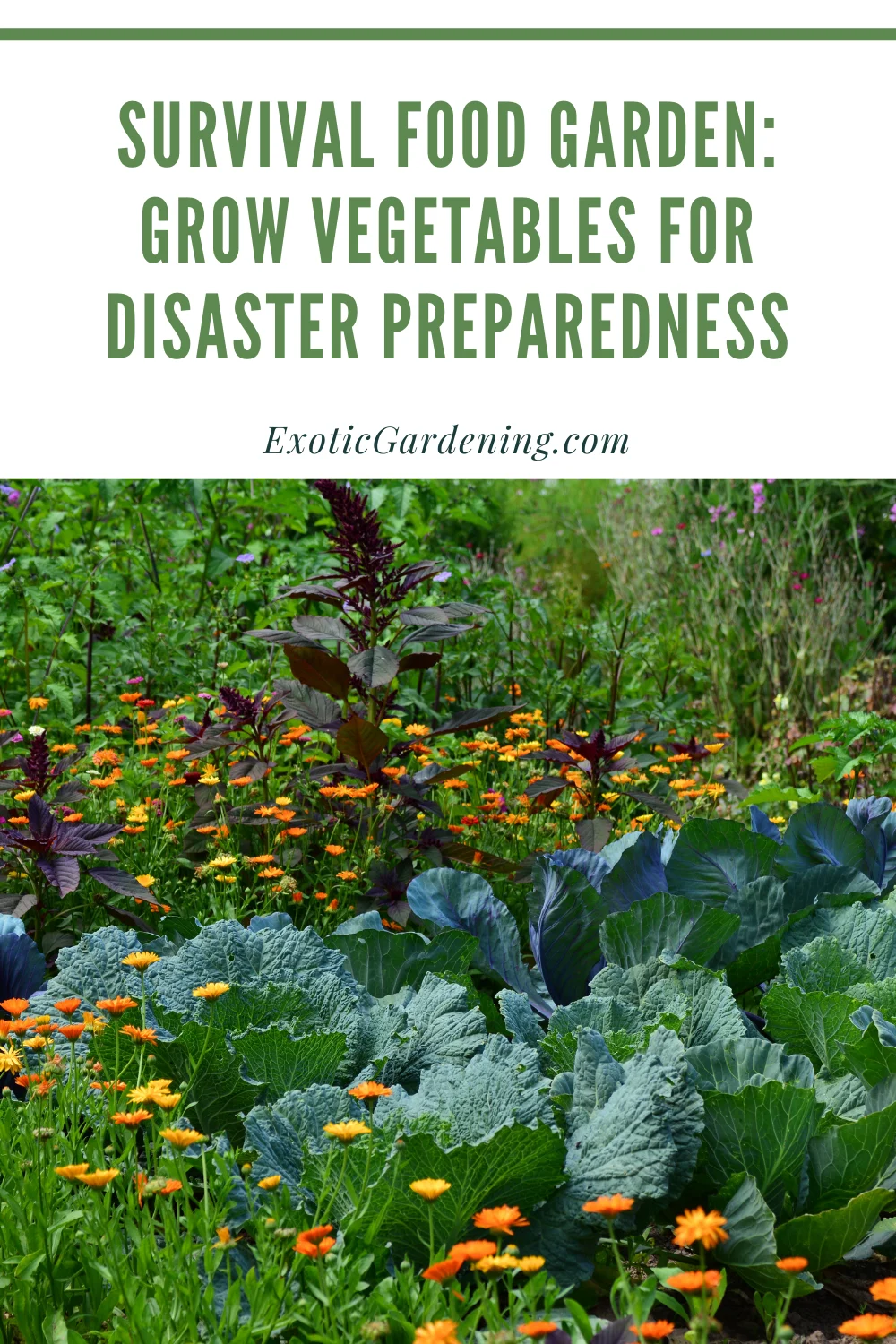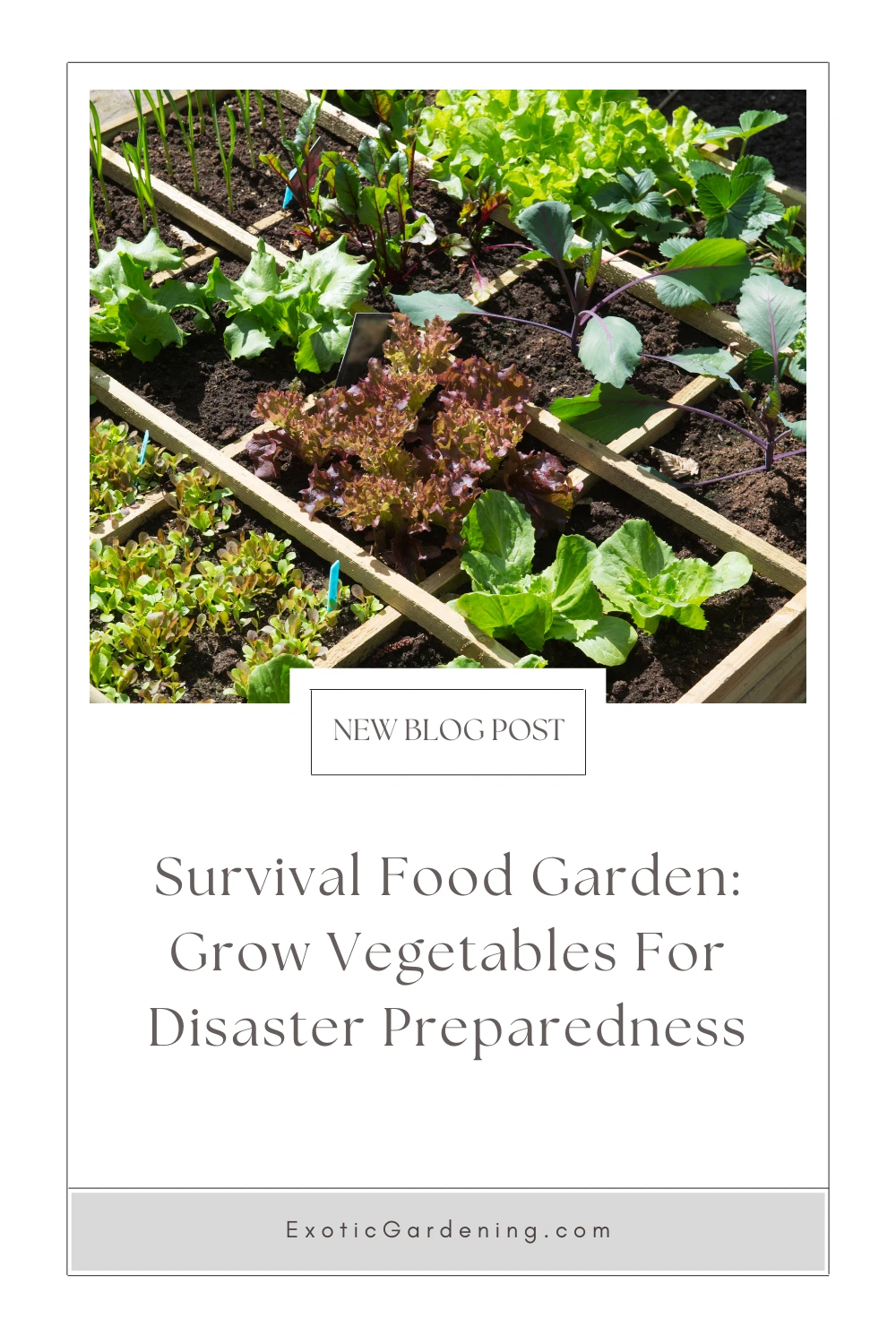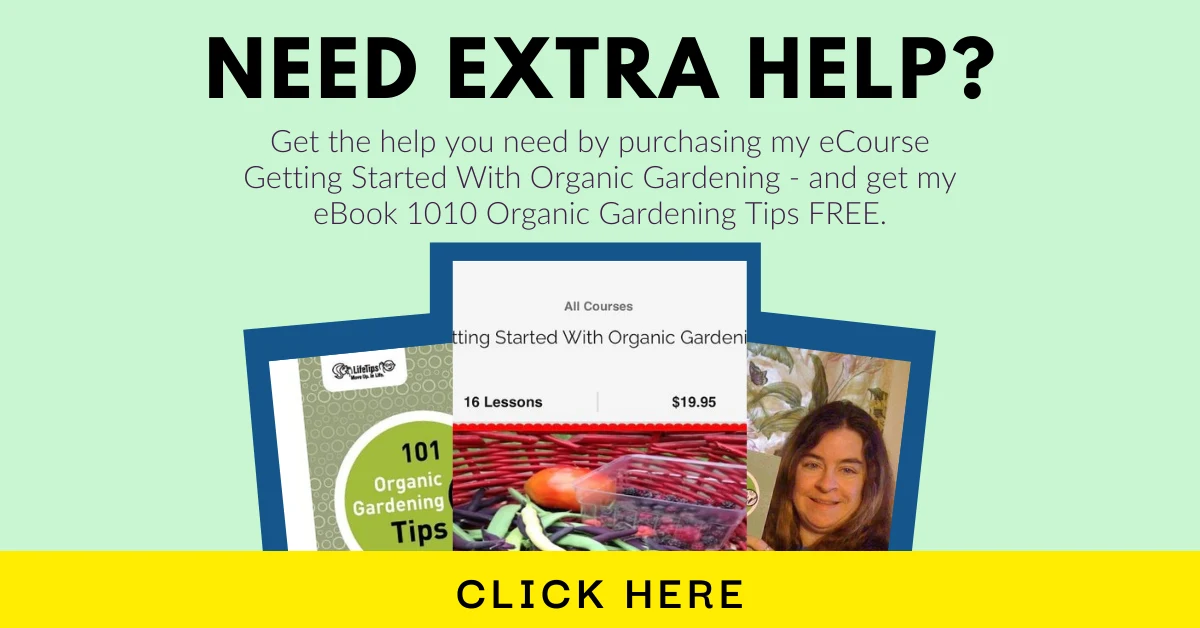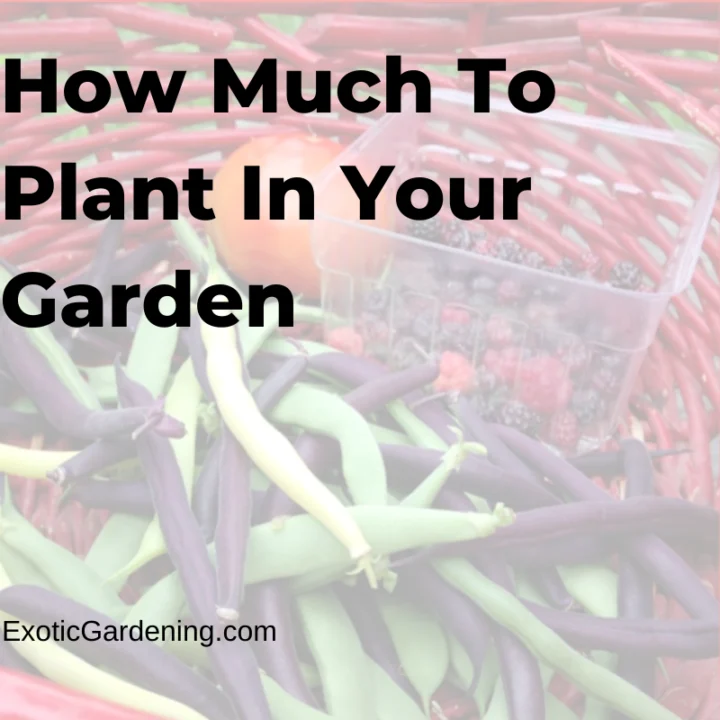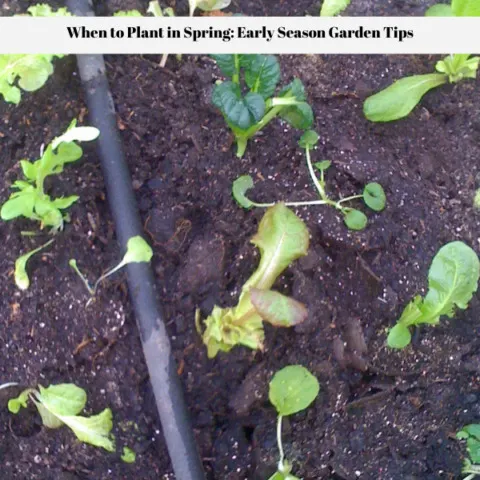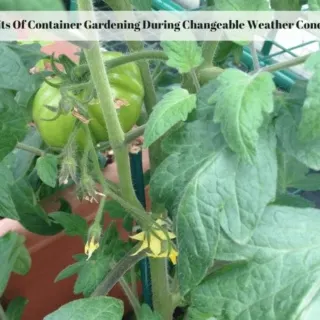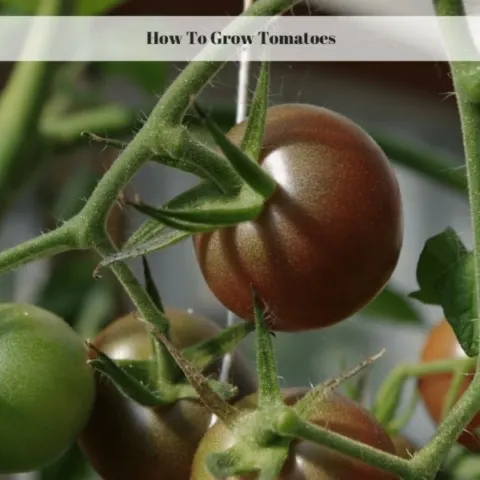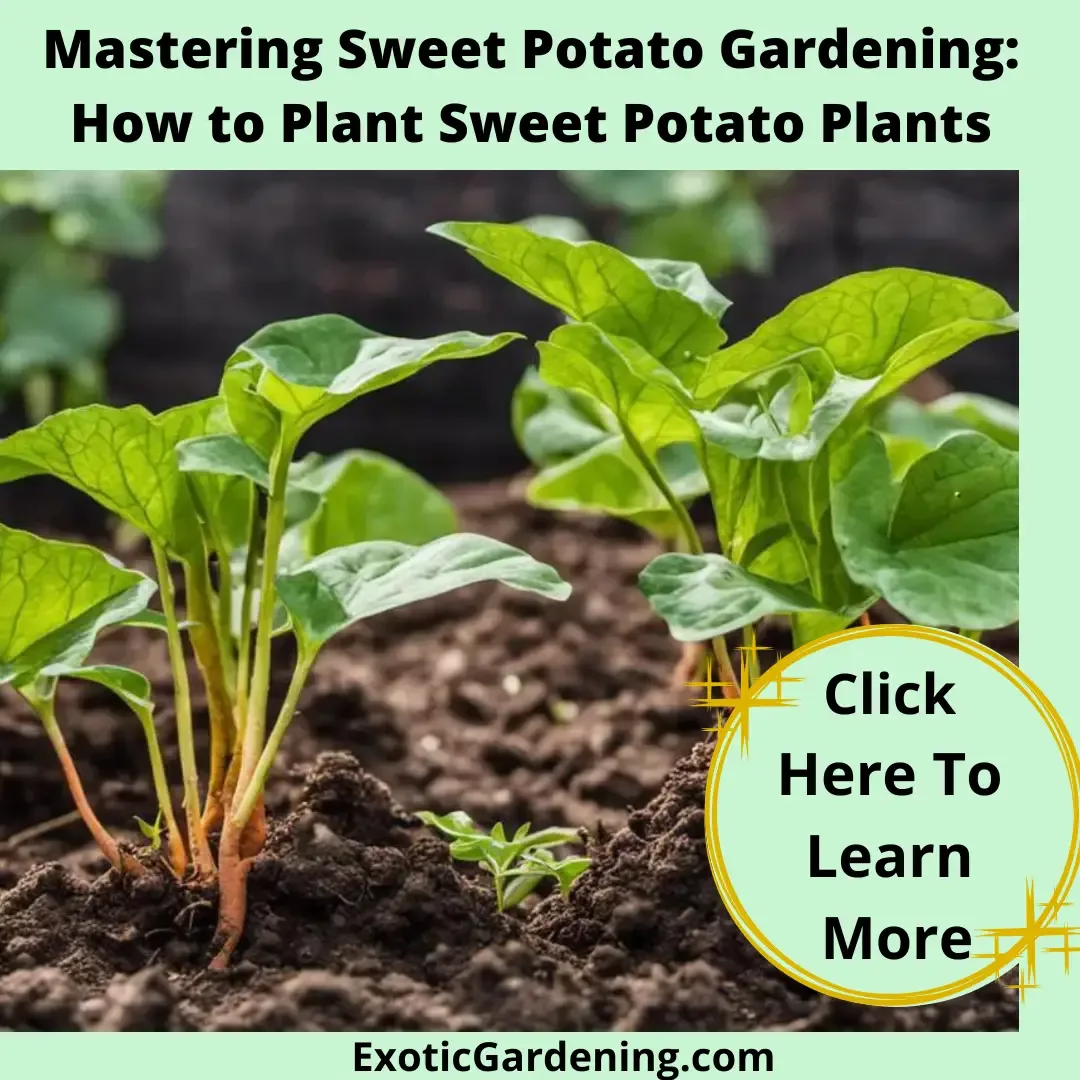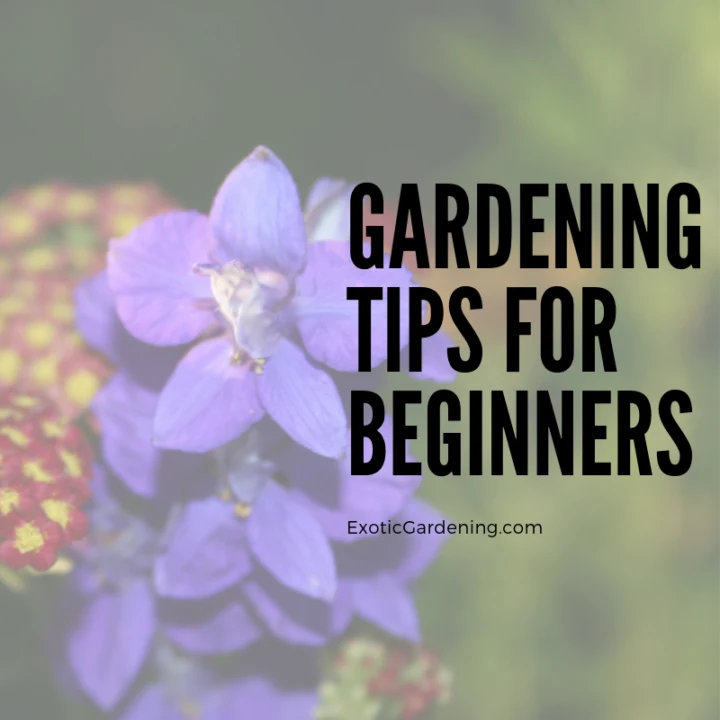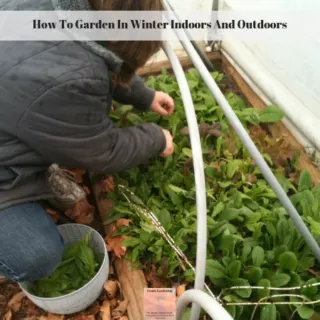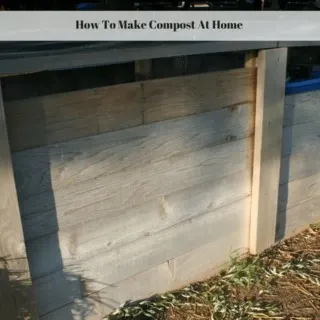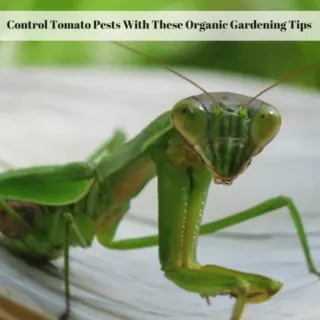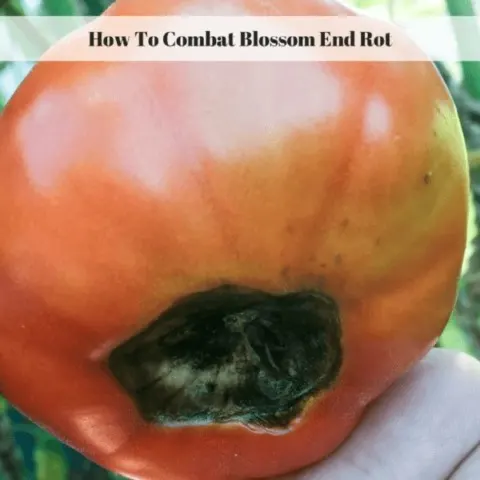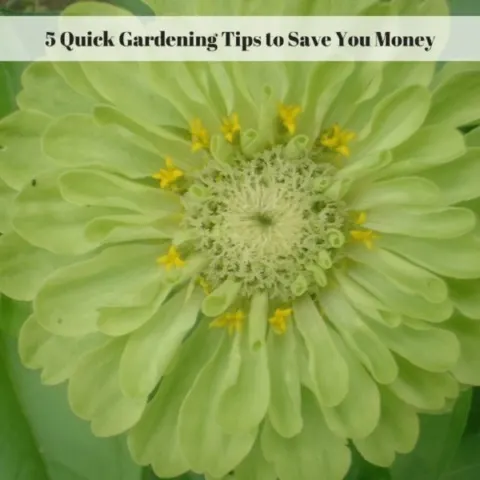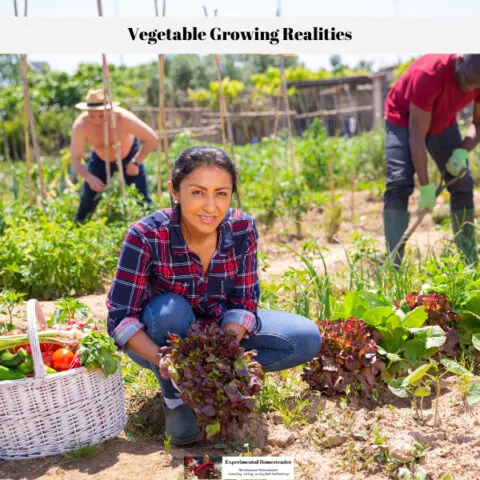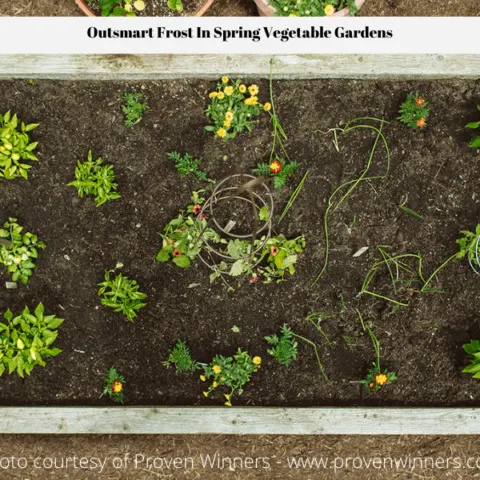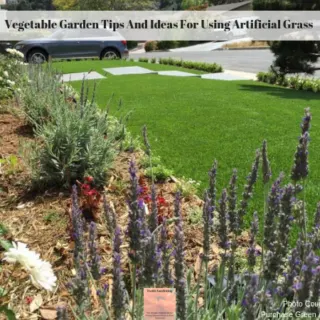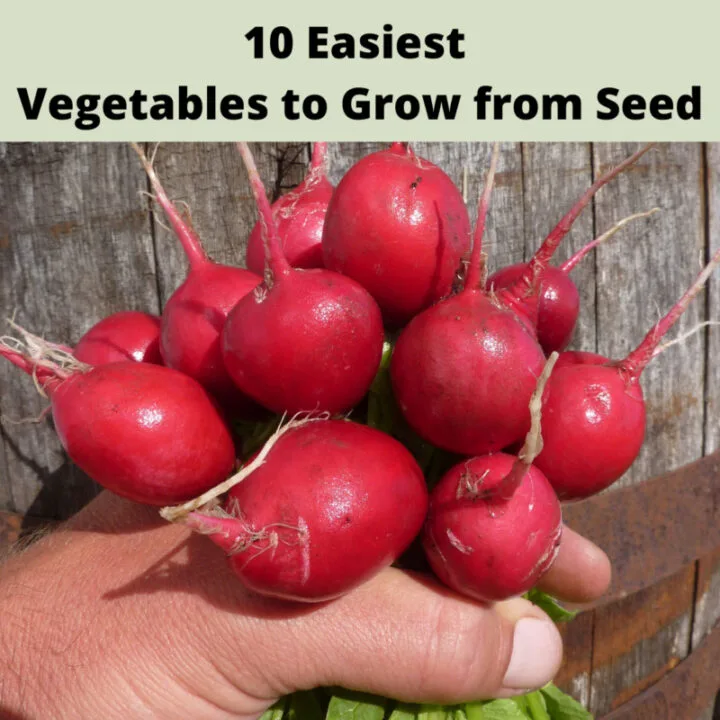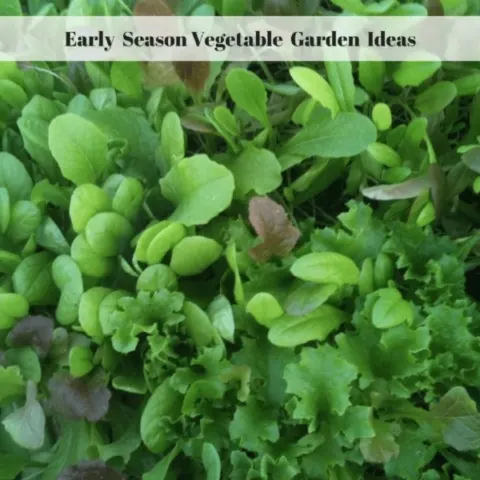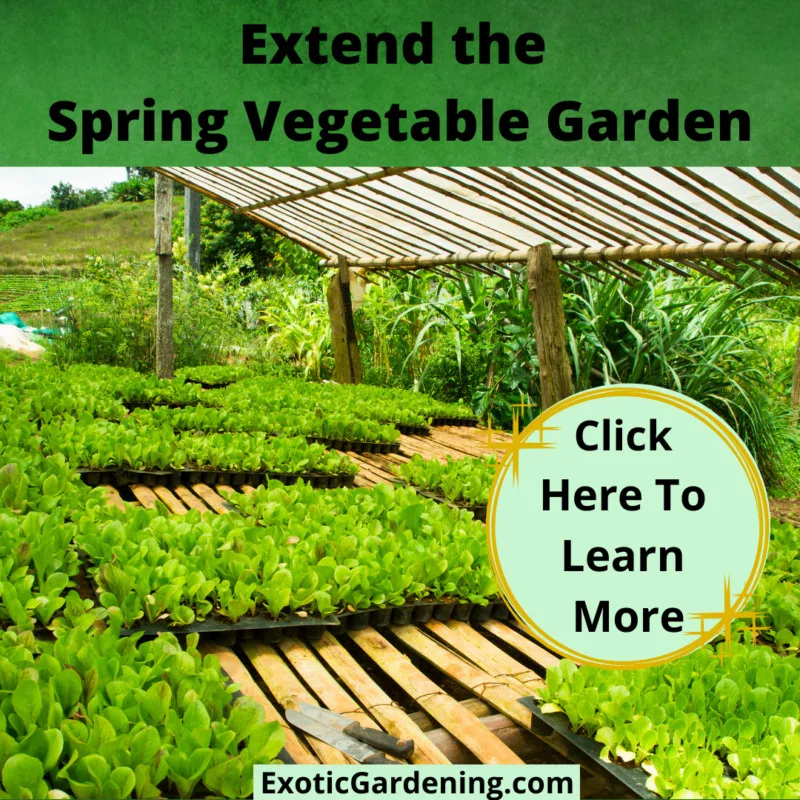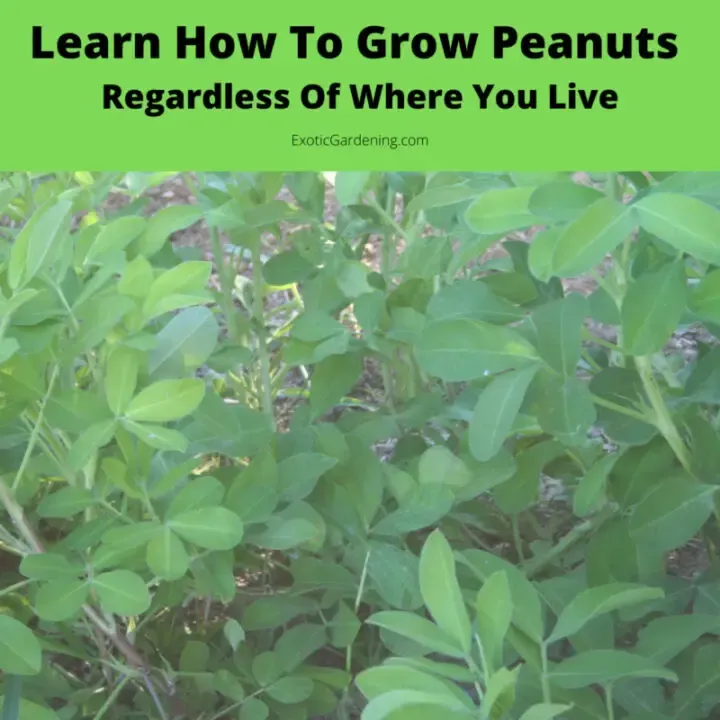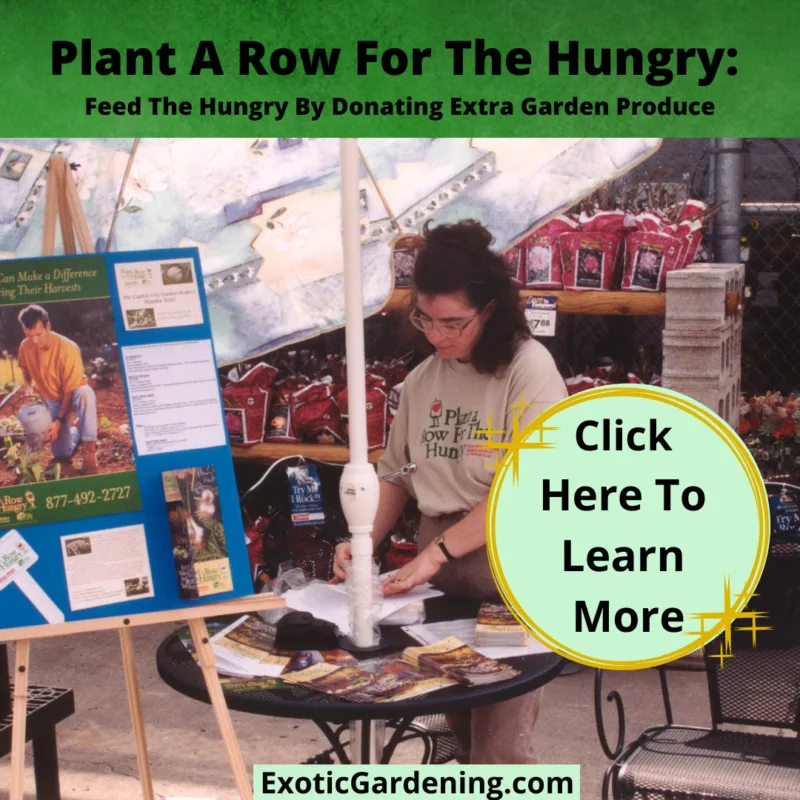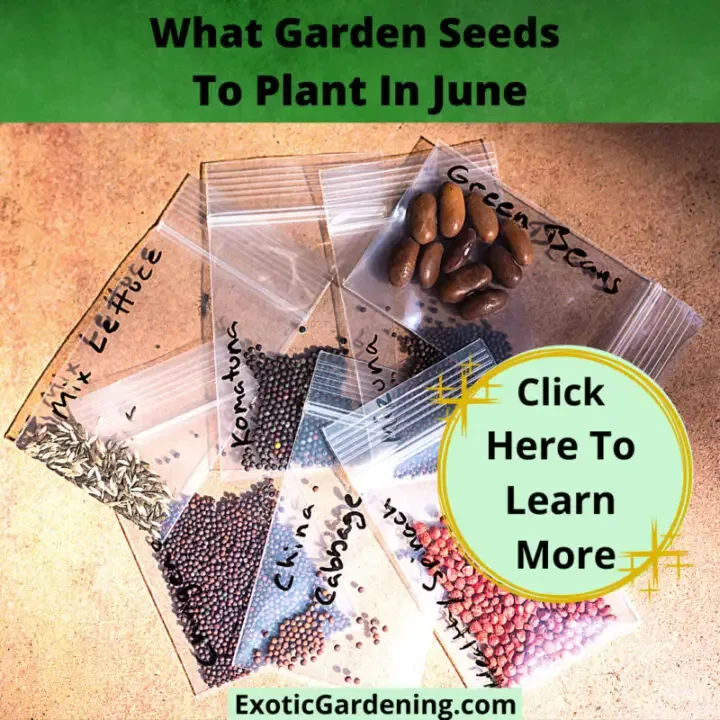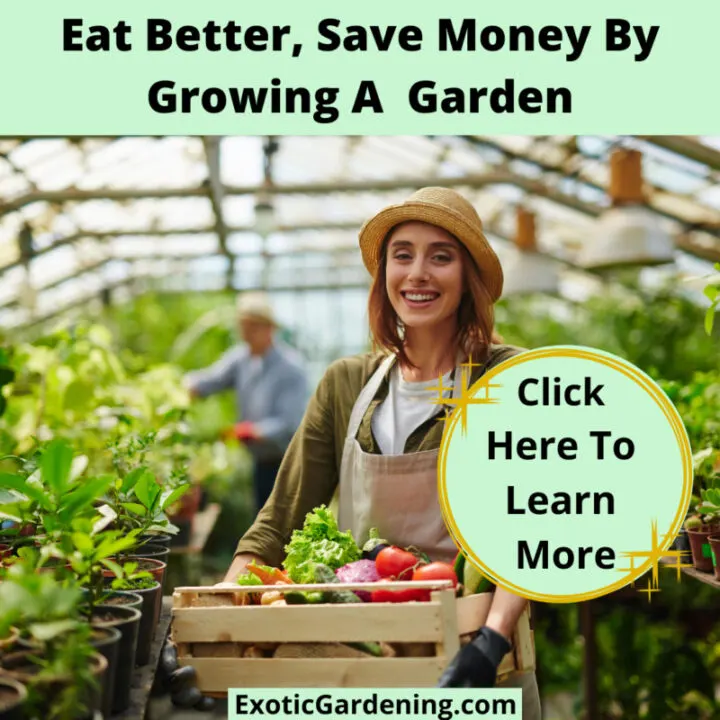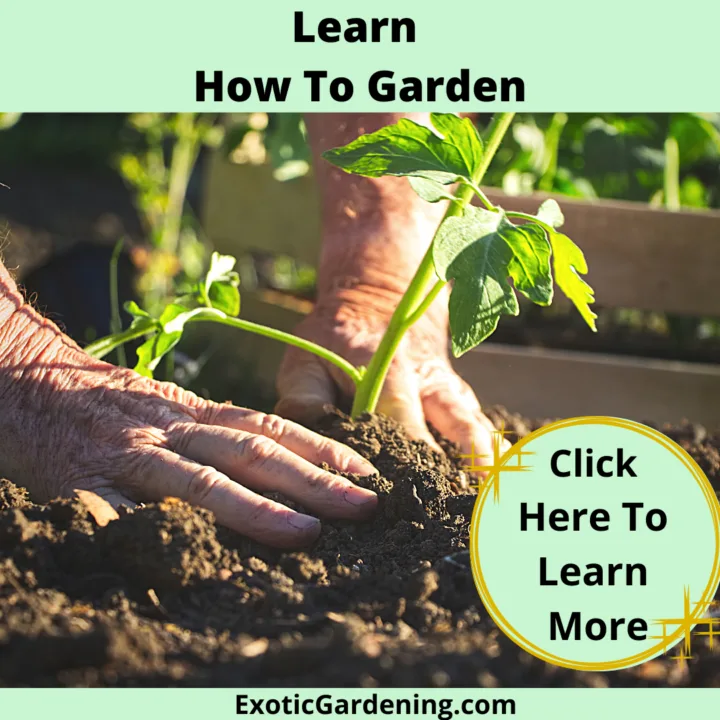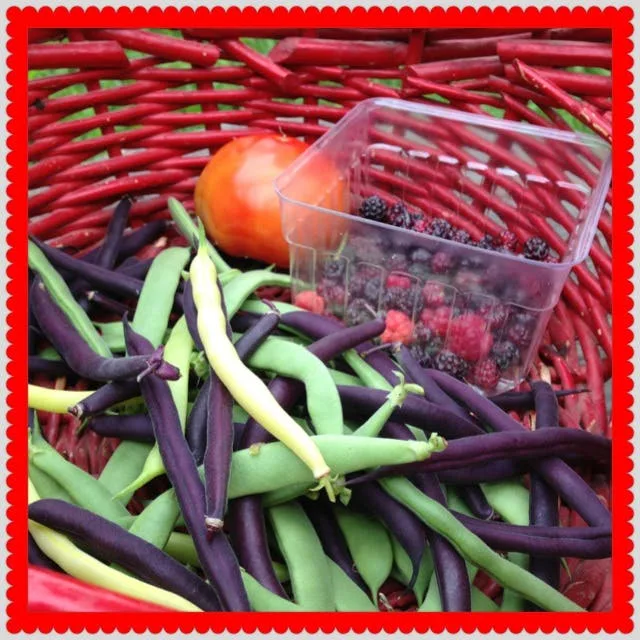A survival food garden is a great way to work towards emergency preparedness by learning to grow and preserve food in a variety of ways including canning, freezing, salting, storing in oil and dehydrating.
These days everyone is thinking about emergency preparedness.
Whether they are thinking of disaster preparedness in the event of an earthquake, flood or deep freeze or emergency food preparedness, making a back up plan is a thought on many people's minds.
One way to work towards emergency preparedness is to learn how to grow and preserve food in a variety of ways including canning, freezing, salting, storing in oil and dehydrating.

Grow Vegetables For Emergency Food
Learning how to grow vegetables is a very valuable skill for everyone but especially for those working towards emergency preparedness.
No matter how much food you store, there will be a need for fresh produce and the time to learn this skill is not after disaster strikes.
Indoor gardening is not limited to houseplants.
Many fruits, herbs and vegetables grow well in containers.
Learning how to grow food in containers and knowing what varieties to choose involves a little bit of research.
Decide What Your Family Will Eat
First you must decide what your family will eat.
Growing window box mini basil will not be of much use if your family does not eat basil.
Are You Growing Indoors Or Outdoors?
Corn is a very useful plant, however it must be hand pollinated if you are not growing it outdoors where the wind can pollinate it naturally.
It must also be hand pollinated if your corn patch is not large enough.
Some varieties of corn can be grown in containers, but is this a crop you will want to try to grow indoors?
Consider Growing Some Crops In Containers
Lettuce does wonderful in containers.
Lettuce can also be grown outside in most climates year-round provided you offer it some shelter in the form of a cold frame.
Plant some carrots and radish, which also do well in containers or outside in a cold frame, with your lettuce.
This will give you a ready made salad that can be grown indoors or out, year-round.
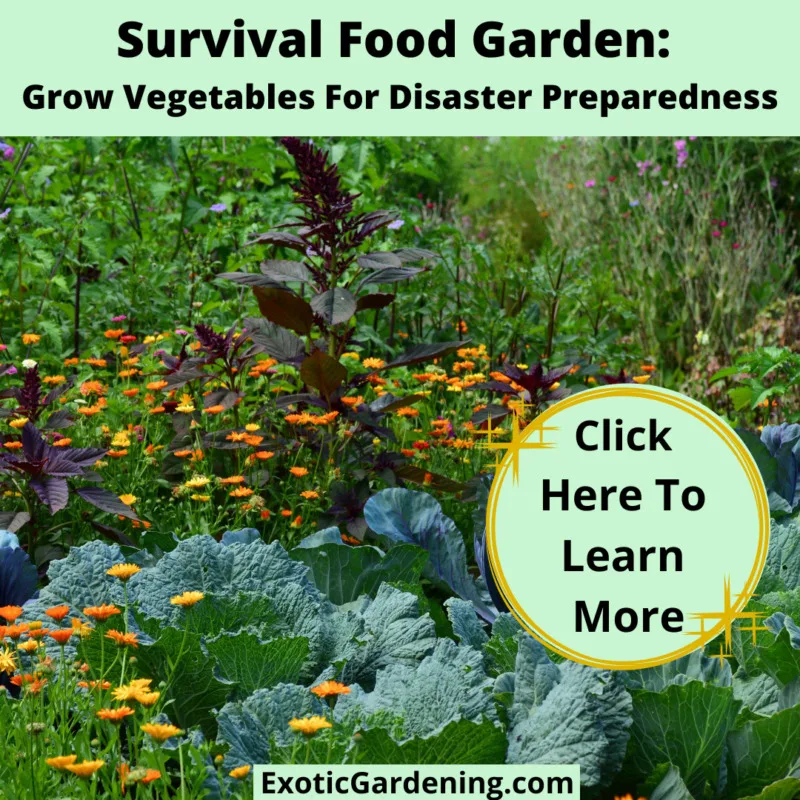
Survival Food Gardening Indoors
Successful indoor gardening will require a few gardening supplies.
Grow lights, seeds, pots and a potting mix suitable for container gardening are the main gardening supplies you will need.
Consider these items additions to your emergency supplies.
It is best to buy a potting mix made for container gardening instead of digging up soil from outside.
Even if you have a greenhouse or sunny window, investing in a few grow lights is not a bad idea.
Remember emergency planning involves considering any possible disaster.
Learning how to grow vegetables to provide your own emergency food is more important now than it ever has been.
Just as essential is learning how to preserve the food you grow to add to your emergency supplies.
Planting Your Garden
How Much To Plant In Your Garden
This article will help you figure out how much to plant in your garden depending on your family's size and whether you want to preserve the food or not.
When to Plant in Spring: Early Season Garden Tips
Know when to plant in spring by using these early garden season tips. These tips will allow you to get a head start on your vegetable garden.
Benefits Of Container Gardening During Changeable Weather Conditions
Changeable weather conditions certainly impacts gardeners who wish to grow their plants in the ground, but there is a solution. Learn about the benefits of container gardening and how it can help gardeners deal with climate change!
How To Grow Tomatoes
Learn how to grow tomatoes and how to plant tomatoes in a garden. Growing great tomatoes is easy if you follow a few simple steps.
Mastering Sweet Potato Gardening: How to Plant Sweet Potato Plants
Unlock the secrets of successful gardening with our guide on how to plant sweet potato plants for a bountiful harvest!
Gardening Tips For Beginners
These gardening tips for beginners will help you get your first garden started right. Tips on gardening planning, caring for bareroot plants and more.
How To Garden In Winter Indoors And Outdoors
Learn how to garden in winter indoors and outdoors. There are many vegetables and herbs that don't mind the cold or thrive in containers.
How To Make Compost At Home
Learn how to make compost at home using materials you already have on hand and are likely to throw into the trash and send to the local landfill.
Control Tomato Pests With These Organic Gardening Tips
These organic gardening tips for controlling pests on tomato plants help you identify, control and get rid of the problem without the use of organic pesticides in most cases.
How To Combat Blossom End Rot
Wondering what to do about tomatoes with brown spots on the bottom of them? Learn how to combat blossom end rot, a common problem many gardeners encounter.
Save Money! Harvest Free Vegetables Year-Round In Any Climate!
Garden tips for beginners - and advanced gardeners alike - that are sure to help save money. These gardening tips are about more than just plant care!
Vegetable Growing Realities: More Than Economic Benefits
When it comes to the facts of vegetable growing realities, there are more reasons than just the economic benefits for doing it.
Outsmart Frost in Spring Vegetable Gardens
Understanding how to outsmart frost in spring vegetable gardens leads to earlier harvests, less plant damage and a longer growing season.
Greenhouse And Coldframe Garden Structure Ideas
Learn about tunnel houses, greenhouses and cold frame garden structures as well as how they are used to grow plants outdoors year round.
Vegetable Garden Tips And Ideas For Using Artificial Grass
If you're looking for vegetable garden tips and ideas that incorporate the use of artificial grass, look no further! Weed prevention, pest control and environmental benefits. If you're looking for vegetable garden tips and ideas that incorporate the use of artificial grass, look no further! Weed prevention, pest control and environmental benefits.
10 Easiest Vegetables to Grow from Seed
Learn about the 10 easiest vegetables to grow from seed. Not only are there some unique heirloom varieties, but they are tasty too!
Extend the Spring Vegetable Garden
Learn how to extend the spring vegetable garden into summer, fall or even winter by using various shading and covering techniques.
Peanuts Are Exotic Plants: Growing vegetables such as peanuts can make your garden unique
It is possible to learn how to grow peanuts even if you don't live in a warm climate. Peanuts are exotic plants that are fun to grow.
Plant A Row For The Hungry: Feed The Hungry By Donating Extra Garden Produce
Plant A Row For The Hungry encourages gardeners to plant extra vegetables and donate them to their local food pantries to help those in need.
What Garden Seeds To Plant In June
There are a number of vegetable garden seeds to plant in June. Even if the soil is too wet to work, there are ways around that.
Eat Better, Save Money By Growing A Garden
Learn how you can eat better and save money by growing a garden right in your own backyard or even on your balcony!
Sheri Ann Richerson
Growing organically is important because the produce is healthier and contains more nutrients.
It is better for the environment, insects and birds, plus there is no concern about the potential issues with GMO’s.
It is also environmentally friendly and helps reduce your carbon footprint, not to mention saves money.
Plus there is the holistic perspective of growing an organic garden because from the soil to the food we eat, it is all interconnected.
In this course you will learn:
How to build healthy organic soil
When to plant seeds or established plants as well as when to direct sow
How to simplify garden maintenance
Natural methods of pest control

